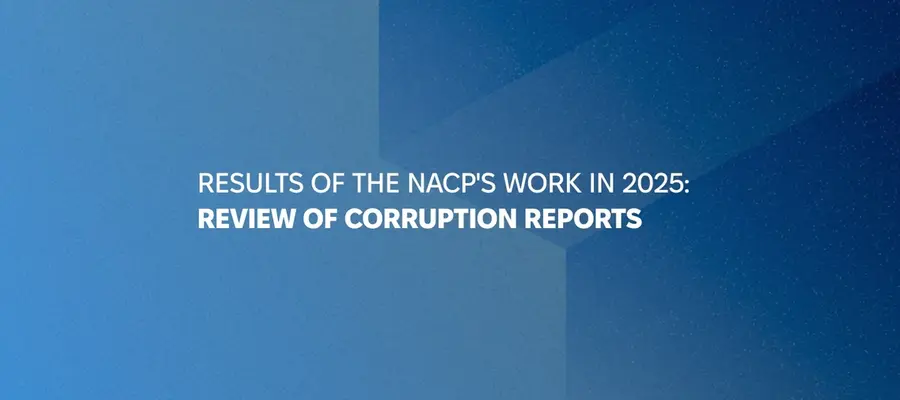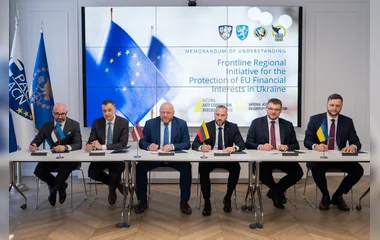Providing comprehensive consulting to public officials on declaration issues, organizing corruption risk assessment, preparing and monitoring the implementation of the organization's anti-corruption program, effectively responding to and preventing conflicts of interest in decision-making, analyzing potential and existing contractors to ensure transparent procurement procedures are just a few of the results of the work of an anti-corruption representative. It is he or she who plays an important role in monitoring compliance with anti-corruption legislation at the municipal level.
To fulfill these tasks, the leadership of local governments must ensure the independence of the specialist, provide them with the necessary resources and demonstrate support for their activities by setting an example. An equally important factor in the effective work of anti-corruption representatives is the support of the deputy corps of the respective council.
In addition, interference in the activities of the anti-corruption representative, as well as the imposition of duties that do not belong to or go beyond his/her powers, is prohibited.
The establishment of military administrations during martial law also requires additional organizational measures from the leadership to ensure the effective work of an anti-corruption representative.
You can find ways to avoid common mistakes that may arise during the appointment and organization of the work of the anti-corruption representative in local governments and enterprises, institutions, and organizations that are communally owned by territorial communities in the guidelines developed by the team of National Agency on Corruption Prevention (NACP) with the support of the Council of Europe Program “Strengthening Good Democratic Governance and Resilience in Ukraine”.









